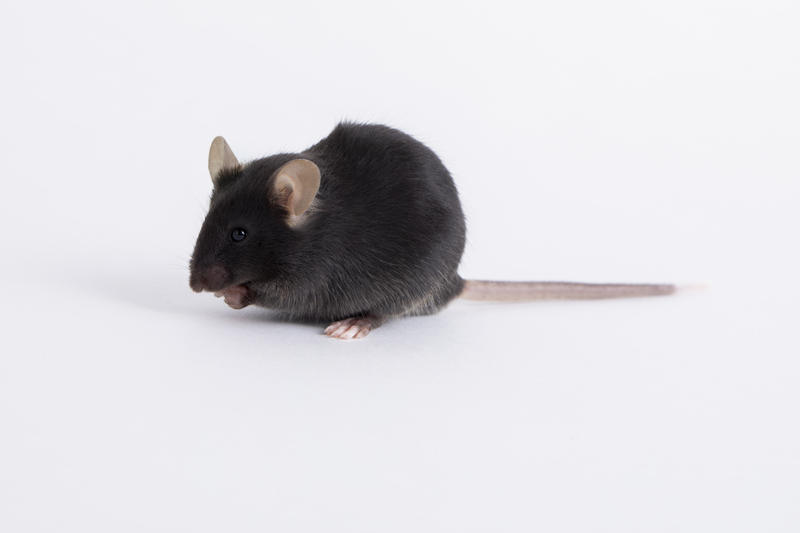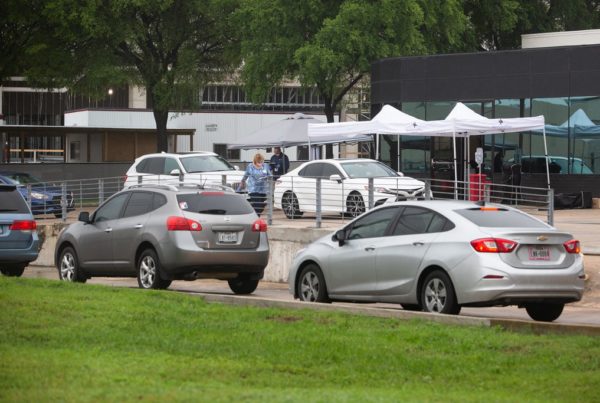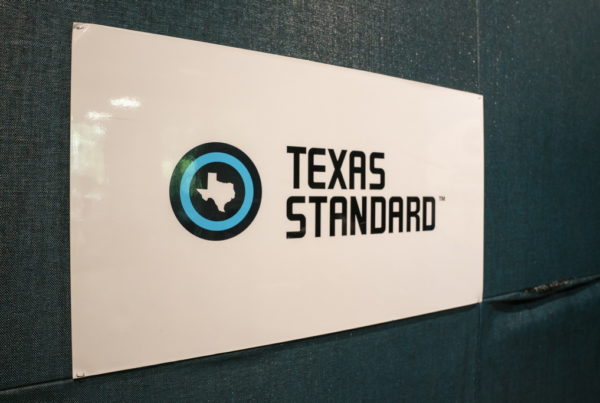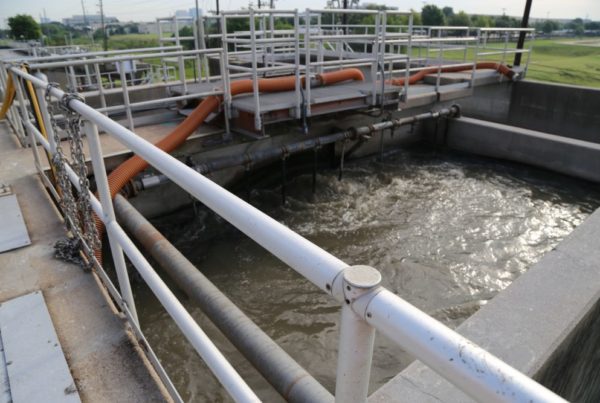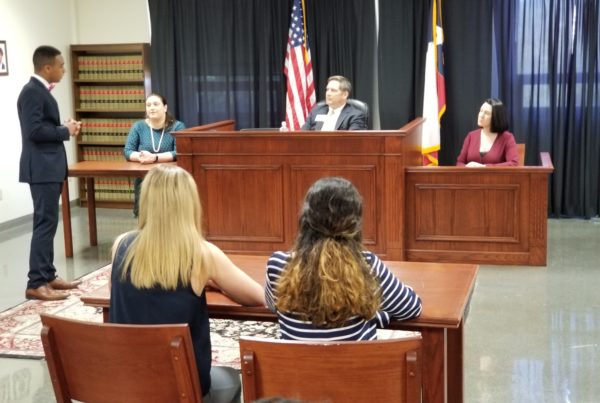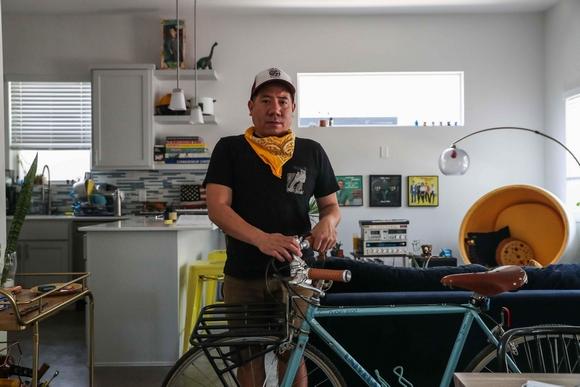From KTTZ:
Hundreds of COVID-19 vaccines are in development across the world, including at Texas Tech University. After what researchers there consider a promising start, they are moving on to testing it on animals. And for this they need small mammals. For this particular research, they need “transgenic” mice.
Dr. Harvinder Gill leads the team. He’s an associate professor of chemical engineering at Texas Tech.
“We’ve found there’s actually a really good antibody response in mice,” he said, regarding results of their first round of testing.
Gill’s team of four has been working on a vaccine since March, when the first coronavirus cases popped up in Lubbock. They already had a grant from the National Institutes of Health to develop a flu vaccine, that would protect people for life with just one round of doses.
“We also have investigated if we can use the same technology for making a COVID-19 vaccine using a similar concept,” he said.
They’ve been able to see how the antibodies that their vaccine produces in a mouse’s blood interact with the coronavirus proteins. As the research moves to the next level, Gill has to use another lab, because his lab is only approved for work with regular mice – Texas Tech is a biosafety Level 2 facility. To use living animals, infected with the coronavirus, they would need a biosafety level 3 facility.
Regular mice lack a protein found in humans called the human ACE 2 protein. It acts like a doorway into the body for the coronavirus. That’s why genetically modified mice, also known as “transgenic mice” are so important.
“You take any sequence that you want, you could take a human sequence, you could take a fluorescent protein, you could take a plant protein, you could take any gene that you want and you essentially insert it into the mouse genome,” said Dr. Cat Lutz. She is the senior director of the mouse repository at the Jackson Laboratory in Bar Harbor, Maine.
“It’s kind of like designing a house if you will,” she said.
Lutz is a neuroscientist who’s been working with mouse genetics since the early 1990s. Her lab mass produces and distributes these transgenic mice for vaccine research and development. A big part of her job is finding the best mouse models around the world. She’s found one that she thinks might help in finding a vaccine for the coronavirus.
“The model that we have, the K18 model that we have from Stan Perlman, actually is turning out to be sort of the ‘diamond in the rough’.” Dr. Stanley Perlman is a professor of microbiology and immunology at the University of Iowa Health Care.
Back in the early 2000s, he developed a mouse model for the SARS virus, but it didn’t go well.
“[When infected with the virus] the mice get an overwhelming brain infection and die pretty quickly,” he said. Despite the fact that his mice died when exposed to the virus, Perlman still saves vials of their sperm.
“With SARS-CoV-2 or COVID-19, they’re a little more useful because the mice don’t get so much brain infection, they get more lung infection, so they’re nearer to the human disease.”
That means they can be more useful in developing a COVID vaccine. So, once the pandemic hit, Perlman shipped those vials of sperm to Lutz and her team.
Through in vitro fertilization, Lutz’s team produced tens of thousands of these mice for use in labs around the world who are working on a COVID vaccine. There are concerns about the large quantity of animals needed for testing, and whether alternatives can be used.
“A transgenic mouse isn’t checking any boxes, it’s checking one box, can we infect you,” Jeff Brown said.
Brown part of PETA’s regulatory testing department. He points to Moderna’s COVID vaccine as an example of a company that didn’t rely on animal testing before moving onto clinical trials.
“That vaccine entirely skipped over this process where vaccines usually go through this years-long period of development and safety testing in animals,” he said.
According to Nicole Kleinstreuer, there are alternatives to animal testing in the initial stages of vaccine development. She’s the acting director at the National Toxicology Program’s Interagency Center for the Evaluation of Alternative Toxicological Methods. A big part of their mission is to find alternatives to animal testing.
While science has made progress finding ways around animal testing, there are still limitations “in terms of the later stages of the process – vaccine safety testing,” Kleinstreuer said, “The short answer is no. There are no alternatives that are used or accepted for vaccine safety testing other than using animals or people.”
In the Moderna example, they were able to bypass testing of their vaccine on animals in the initial testing. But they did have to use the method later in the process. They’ve moved on to Stage III in the development process and will administer the vaccine to 30 thousand people across the country.
Perlman explains that researchers are not only interested in how a virus grows, they need to understand how it affects different tissues and immune responses. For that they need an immune system.
Back at the Texas Tech lab, Harvinder Gill and his team are discussing a method of delivering the vaccine through a patch. They’re testing the patch, while waiting for the green light to test their vaccine on animals. He’ll do that with a team at Utah State University. They have the facility needed to continue testing. Gill says it’ll take about 60 days to find out if his vaccine works.


